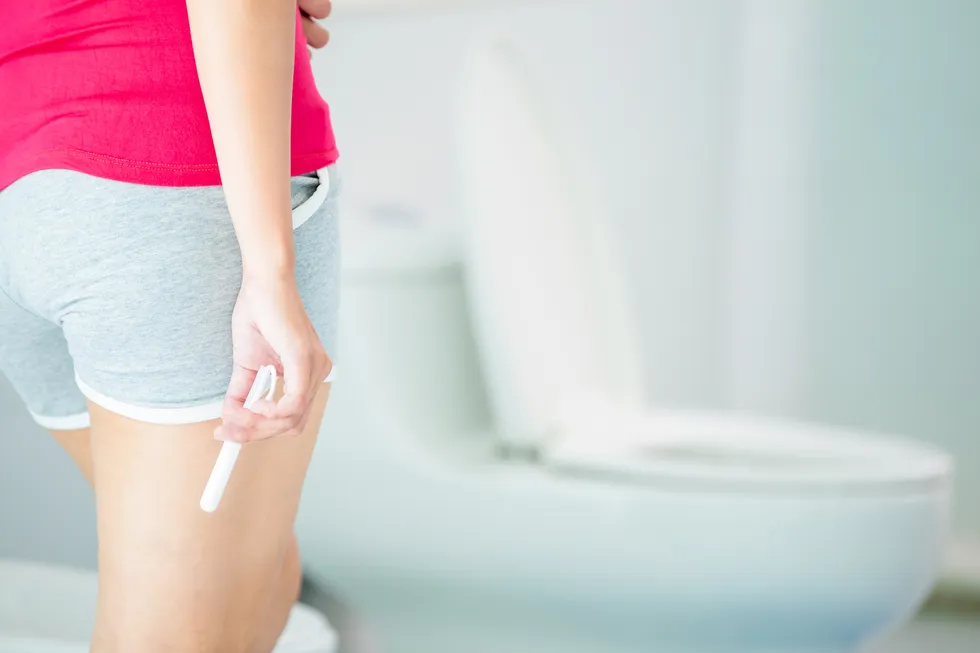
Key facts
- Heavy periods are common and affect about 1 in 5 females.
- The amount of blood lost during a period differs from person to person. Some people pass clots (clumps of blood) with their period.
- Heavy periods can lead to low iron levels and anaemia.
- Speak to your doctor if you feel your periods are heavy or affecting your quality of life.
- See your doctor immediately if you experience any bleeding after menopause.
The amount of blood lost during a period differs from person to person. Some people pass clots (clumps of blood) with their period. Heavy periods are common and affect about 1 in 5 females. A large loss of blood can affect you physically and emotionally and can be very distressing.
Bleeding after menopause is never normal. If you bleed after you have been through menopause, it’s important to see your doctor.
How do I know if my periods are heavy?
Heavy periods (also known as menorrhagia) refers to heavy or prolonged blood loss that interferes with your quality of life. This could mean any of the following:
- you need to change your tampon or sanitary pad every hour
- blood leaks through to your clothes and bedding
- you need to change a pad overnight
- you pass blood clots larger than a 50 cent coin
- you bleed for more than 7 to 8 days
- the amount of blood loss causes you to stay home, affects your daily activities or makes you feel stressed
What causes heavy periods?
For many people with heavy periods, no cause is ever found. This is known as dysfunctional uterine bleeding (DUB). DUB can occur at any age and is more common in your late thirties.
Heavy periods may be caused by:
- a problem with the lining of your uterus (womb). This lining is called the endometrium. It can sometimes become too thick or even become cancerous
- lumps in the muscle of the uterus, called fibroids
- a medicine that you take, such as a blood thinner
- a medical condition
How are heavy periods and anaemia linked?
Blood naturally contains iron, which helps red blood cells carry oxygen around the body. Heavy blood loss month after month can lead to iron deficiency (low iron levels). This can lead to anaemia.
Common symptoms of anaemia include:
- tiredness
- dizziness when standing up
- shortness of breath
- palpitations (an awareness of your heart beat)
- pale skin
If you are concerned about anaemia, speak with your doctor.
How are heavy periods treated?
There are several options available to treat heavy periods. Your doctor will recommend options that are right for you based on your age, your medical history and whether you would like to be pregnant in the future.
Some medicines may lighten blood loss. These include anti-inflammatory medicines, tranexamic acid and the oral contraceptive pill (‘the pill’). A hormonal intrauterine device (IUD) placed in the uterus may also lighten bleeding.
Sometimes heavy periods are treated with surgery, for example to remove a fibroid or to reduce the lining of the uterus. The uterus can be removed in an operation known as a hysterectomy.
What can I do if I have heavy periods?
Hygiene
Make sure you change your tampon or sanitary pad at regular intervals. The recommended time frame is every 3 to 4 hours for a tampon, and every 4 to 5 hours for a pad.
You may need to use more tampons or pads on the heavier days of your period.
Hygiene is very important when changing tampons and pads. Always wash your hands well before and after using a new tampon or pad.
Sleeping
It’s best to use pads rather than tampons overnight. If you sleep with a tampon in place, it should be changed immediately before you go to bed and first thing in the morning.
Keeping a tampon in place for longer than the recommended time frame increases your risk of toxic shock syndrome (TSS), which is a rare but dangerous illness that can be caused by bacteria in the vagina.
Diet
Drink plenty of clear fluids every day (water is best) unless a doctor has told you that this is unhealthy for you.
Include red meat and chicken in your diet. These foods contain iron and can help prevent iron deficiency.


